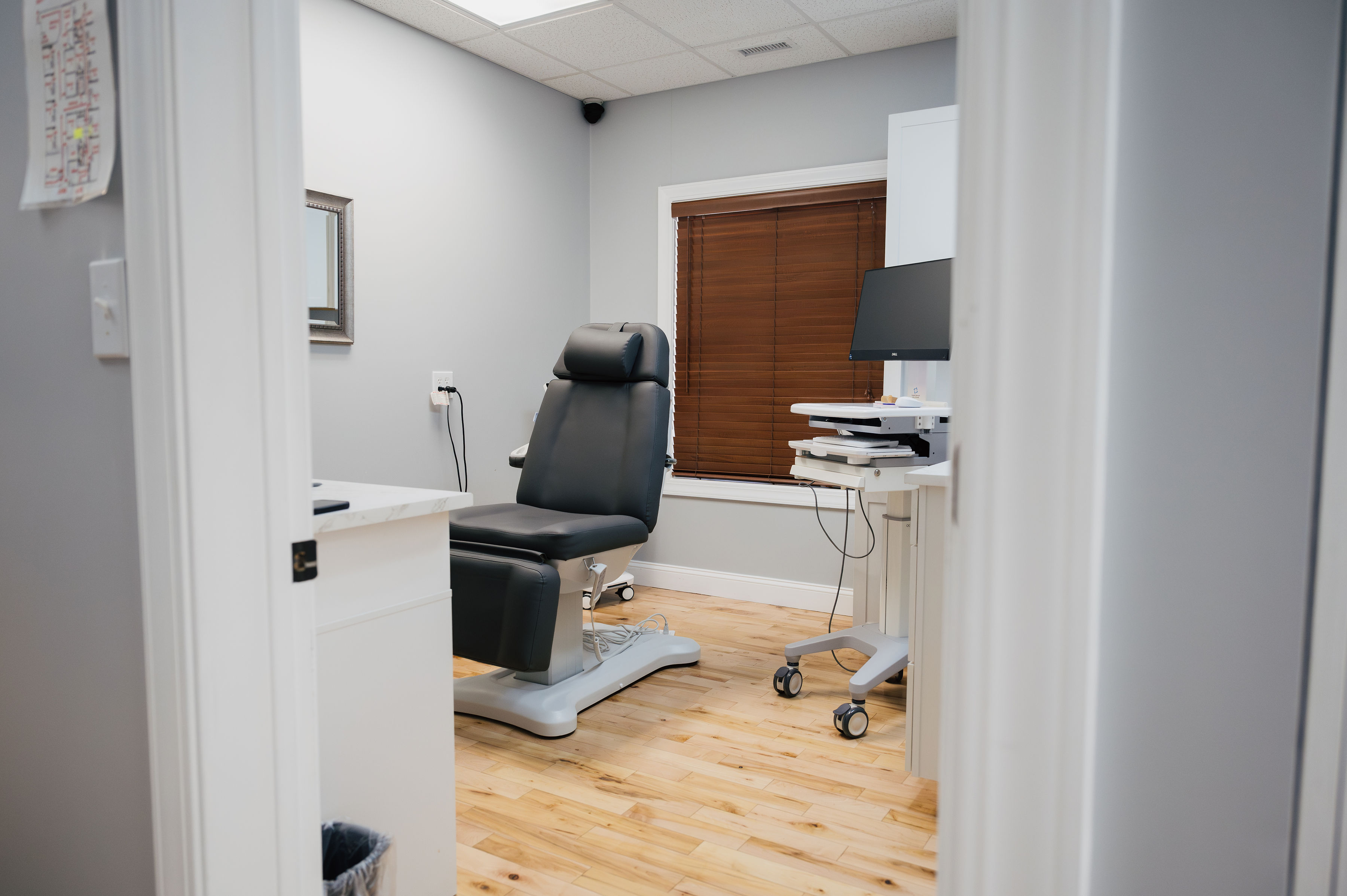Why is Your Tooth Sensitive to Cold?

Understanding and Managing Tooth Sensitivity: Causes, Symptoms, and Treatment
Having a sensitive tooth can be excruciating, and if you’ve experienced it, you know how disruptive it can be. Sometimes people might think you’re overreacting, but tooth discomfort—especially sensitivity to cold or hot foods and drinks—is a serious issue that demands attention.
If simple pleasures like enjoying ice cream cause sharp pain or chipping, you might be dealing with sensitive teeth. Let’s explore what causes tooth sensitivity and how you can find relief.
What Is Tooth Sensitivity?
Tooth sensitivity occurs when hot, cold, sweet, or acidic foods and beverages affect the teeth painfully. Temperature extremes—like those in ice-cold drinks or piping hot coffee—can cause sharp sensations in sensitive teeth.
If you’re waiting to see a dentist, here are some things to consider and ways to better understand your symptoms.
Common Causes of Tooth Sensitivity
There’s always a reason behind the pain you feel. Some of the most common causes include:
- Worn enamel: Over time, brushing too hard, acidic foods, or dental disease can wear down the enamel, exposing the underlying dentin.
- Receding gums: When gums pull away from teeth, the sensitive roots become exposed.
- Tooth decay and cavities: Early decay can lead to sensitivity.
- Bruxism (teeth grinding): Grinding or clenching can wear down teeth and cause pain.
- Gum disease: Untreated gum infections can lead to sensitivity and tooth loss.
- Using a stiff toothbrush or abrasive toothpaste: These can irritate teeth and gums.
- Damage or fractures: Cracks in teeth expose the sensitive inner layers.
How Can You Tell If You Have Sensitive Teeth?
If you feel sudden or sharp pain when drinking hot or cold beverages, or eating certain foods, it’s a strong sign of tooth sensitivity. Sometimes it can feel like a “brain freeze,” or a sudden, stabbing pain that stops quickly but is very uncomfortable.
Sensitive teeth can cause intense discomfort and, if ignored, may lead to more serious dental problems.
What Can You Do About Tooth Sensitivity?
Try These Home Remedies First
- Switch to a soft-bristled toothbrush if you’re not using one already.
- Avoid whitening toothpastes and mouthwashes with alcohol, which can worsen sensitivity.
- Be gentle when brushing and avoid aggressive flossing.
- If you suspect you grind your teeth, especially at night, discuss this with your dentist.
When to See a Dentist for Bruxism
Grinding your teeth can cause headaches, jaw pain, and damage your teeth and gums. A dentist can:
- Diagnose the cause of your grinding (stress, sleep disorders, or other health issues).
- Fit you with a custom mouth guard to protect your teeth.
- Recommend treatments to reduce grinding and its effects.
Dental Treatments for Sensitive Teeth
The treatment you need depends on the cause and severity of your sensitivity. Your dentist might suggest:
- Improved oral hygiene habits: Avoid acidic and sugary foods, brush gently with desensitizing toothpaste, floss regularly, and use mouthwash.
- Enamel strengthening treatments: Fluoride gels or varnishes can help rebuild and protect your enamel.
- Sealants or fillings: To treat cavities causing sensitivity.
- Root canal therapy: If sensitivity is due to deep decay or exposed roots, this procedure removes infected tissue and protects the tooth with a crown.
When to Seek Professional Help
If you notice persistent sensitivity, receding gums, or signs of decay, it’s important to see a dentist promptly. Untreated issues can lead to serious problems, including tooth loss.
We’re Here to Help
Tooth sensitivity is uncomfortable but manageable. Contact our office to schedule a consultation. We’ll work with you to diagnose the cause of your pain and create a personalized treatment plan to restore your oral health and comfort.
We can’t wait to connect!
Call 828-265-1112 or request an appointment online to set up your first visit. We’ll be in touch soon.
